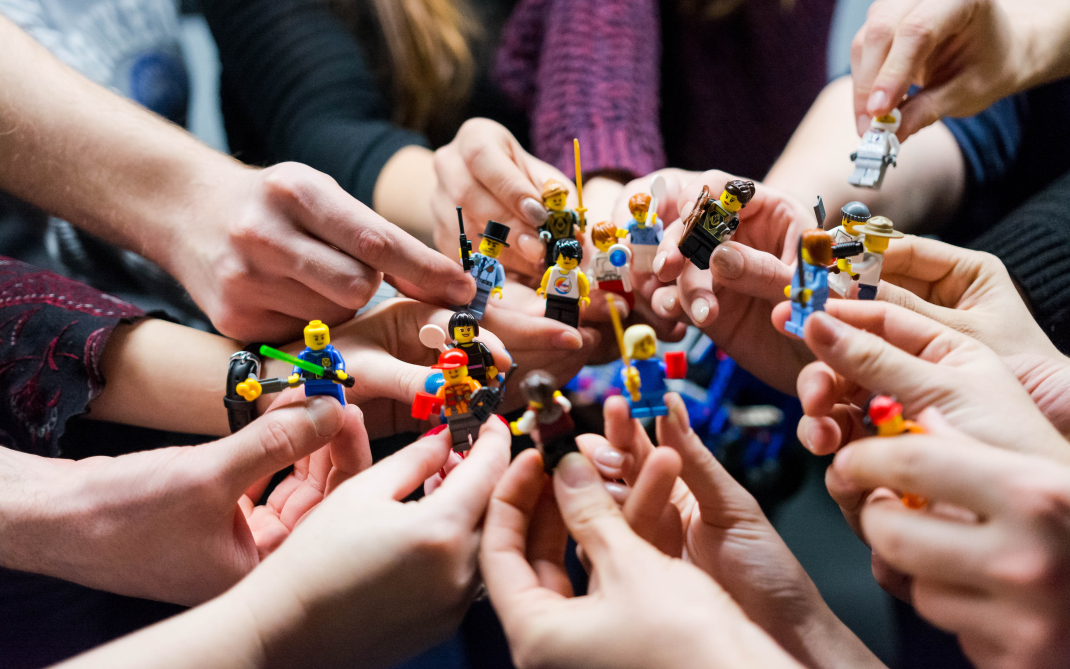The new generations, characterized more and more by their preparation for the job market, continue to face an unemployment rate in Spain that is still above the European average. Despite the emergence of new educational methodologies and the growing importance of practical training, it is curious to observe how companies continue to have great difficulties in finding and attracting young talent. Specifically, 72% of the surveyed companies in the report "The Future of Employment and Professional Skills of the Future" have confessed to having this problem when incorporating recently graduated profiles into their workforce.
The truth is that young people and companies are still very far apart, making it difficult to guess what factors human resources departments take into account when hiring new profiles. Therefore, in this article we will talk about some skills that we must acquire and exploit when searching for and applying for a job, regardless of our education.
In addition to academic attributes such as professional studies, curricular experience, languages or technological and digital skills, there are others that will increasingly gain importance when hiring. All of these that we will discuss below can be grouped under the so-called Soft Skills or "Habilidades Blandas" in Spanish, interpersonal skills that contribute to each person's own attributes. These are competencies that we can start developing at any age and, like everything else, the more we practice, the more we will master. Among the most valued by the HR managers, we highlight first and foremost the ability to communicate, both in written and verbal form. Knowing how to generate and maintain relationships with the people around us in our professional context will undoubtedly be one of the most valued skills by companies today. Another quality that is a priority in the search for new profiles is adaptability to changes or new opportunities, but above all curiosity and the mentality of wanting to go further. Lastly, resilience and the desire to improve day by day in your work is a quality that we should always keep in mind in order to be able to face challenges in a logical and proactive way.
In short, being able to demonstrate the ability to confront different types of situations and contribute enriching and different visions of the world instigates the formation of a leader.
Harry S. Truman said "not all readers are leaders but all leaders are readers." Being updated and staying up-to-date on news, not only at a national level but also internationally, is an essential requirement to achieve that leadership mindset, providing us with critical thinking and a holistic perspective of situations. Through reading and professionalization in a sector, we will be able to achieve a comprehensive and complete profile that will bring greater credibility and persuasive power when being hired.
In turn, leadership is a skill that is most developed through teamwork, task organization, and the distribution of responsibilities. Adding varied experiences and participating in team activities will also be highly valued by companies.
More than 50% of the surveyed managers in the Hamilton Project's 2018 report pointed out the lack of attention to detail in recent graduates, compared to 20% who noted insufficient mathematical skills. In addition, deficiencies were identified in teamwork, data analysis, interpersonal communication, and writing skills.
The report also reveals the lack of professional guidance that we have access to from a young age, and finding what we enjoy doing the most is becoming increasingly difficult due to the growing complexity of future jobs.
At Singularity Experts, we measure, among many other factors, the main soft skills of each user based on the World Economic Forum's index, which are fundamental factors for the future of employment. This way, we can create a complete user profile, guiding them towards the type of jobs they would excel at and recommending the most comprehensive training path to acquire the necessary skills for that job.
